In my funeral homilies for mothers, I have often reflected on how hard it is to lose a mother. It turns out I was right! From the very earliest moments of our existence and for many years, our mothers are our lifelines. They provide food and sustenance first in the womb, then as we grow. In the womb, our hearts beat together, and an amazing bond is formed.
For my sisters and me, that bond was strengthened in these past few years, and especially in the last six or seven months as her illnesses progressed. We all told her, and strongly believed, that it was our privilege to accompany her in her suffering, and to help relieve her as best we could. We became the ones who provided food and sustenance – it’s a good thing she taught us all how to cook!
The collect prayer I chose for this morning evokes the fourth commandment: honor your father and mother. I have often said over these few months that caring for Mom gave me a new appreciation, and a real love for, that commandment. These months have certainly been difficult, but caring for Mom gave me a joy and a peace that I don’t think I would otherwise have had. I think all three of us would say that. That has been a blessing, and a consolation these past few months.
“Many are the women of proven worth, but you have excelled them all.” The writer of the Proverbs in our first reading puts words to a sentiment that we had for Mom, a devoted wife and mother, a grandmother, sister, aunt, and friend. Today, we have come together in grief, to remember her contributions to our lives, and to pray for her soul. This reading says a great deal about who my mother was. It speaks of a woman who was smart, shared her wisdom, and lived with dignity. That was Mom. Anytime we had a project, or a problem, she had an idea for how to do it. One of the things I often remember her saying is, “There must be a better way.” And if there was, she would sure find it.
Mom’s faith was central to who she was. One of my very earliest memories was of Mom teaching me the guardian angel prayer. That prayer has accompanied my own journey through life, and it was one that we prayed together every night in the last year or so of her life. She was also very devoted to the Blessed Virgin Mary and the Holy Rosary. She was the one who taught me to pray it when I was young. And I know so many of those beads have passed through her hands as she was praying for the three of us, and for her grandchildren, who were the light of her life in later years.
She and Dad lived their faith by being active in our parish growing up. They were catechists in the high school program, and hosted a freshman class in their home for several years. They also volunteered with the Saint Vincent DePaul Society, and delivered Christmas gifts to those in need for the parish. They got us involved too, and being an active part of our parish was part of our family life. My parents’ lived faith and my Mom’s fervent prayers certainly led me to the priesthood, and I’ll always be grateful for that. I think Holy Mother Church owes a great deal to the mothers of many priests.
“Love never fails,” says Saint Paul in our second reading. One of the hallmarks of our family, always, was that we all knew how much we were loved. We might disagree with each other on occasion, but we always sought the good of each other. It was, indeed, a love that never failed. It was a love that would have us lay down our lives for each other. As Mom grew ill, the three of us met with her. And the first thing she said to us was, “I know I’m a problem for you guys.” We all said, no, Mom, you have a problem, you are not a problem. And just like any of the problems our family has ever faced, we found a way to get through it. The “better way” was love, and love wouldn’t have us do anything less for her than we did. Love never fails to help us lay down our lives for each other.
Probably for my whole priesthood, I dreaded this day, the day I would have to preach at my Mother’s funeral. It’s hard to put into words what she meant to me, and to all of us, and it’s especially hard to do that without a tear in my eye. But it is an absolute privilege to celebrate this funeral Mass for my Mother who had such a beautiful soul, and whose love inspired so many of the good things I have been able to do in my life. We gather this morning with heavy hearts, because no matter how many years we’ve had, it’s never enough. But we disciples never grieve without hope, because we know that the love that caused our Lord Jesus to lay down his life for us gives us the promise of being able to come together as family again, one day, in the house of our God.
I find comfort in the words of this funeral Mass. We are a people who steadfastly, courageously believe that there is hope in the midst of sorrow, joy in the midst of pain, resurrection that follows death, and love that survives the grave and leads us to the one who made us for himself. The words of hope that we find in the prayers of this Mass lead us back to the Cross and Resurrection. Death is not the end. Love does not come to an end at the grave.
In a few moments, I will sing the preface to the Eucharistic Prayer. I love the words of faith that it contains: “Indeed, for your faithful, Lord, life is changed, not ended, and when this earthly dwelling turns to dust, an eternal dwelling is made ready for them in heaven.” We believe that Mom, and all our loved ones who have been people of faith, have been made new by passing through the gates of death. Their happiness is our hope; the grace and blessing that they now share can one day be ours, too.
Mom gave us so many wonderful memories. Her wonderful sense of humor, her recipe for Sunday Gravy, the many Thanksgivings where she had everyone over to the house and cooked a feast for an army, the unconditional love and the joy that she had whenever we were together, and so much more. Sharon, Peggy, and I will miss being able to share a Facebook meme with her or tell her about what’s going on in our lives, there will be that empty place on the living room sofa. But the faith and love that she taught us will keep her memory alive in our minds and hearts, and for that we can be grateful. We give thanks that we had the most wonderful mother, and grandmother, and that we were able to serve her in her last days, as she served us throughout our lives.
And so it is with profound sadness, but also with ultimate trust in Almighty God that we commend my mother, our sister Julie to the Lord, knowing that his mercy is great and that his love will keep us united at the Eucharistic banquet until that day when death is conquered and sadness is banished and we are all caught up in God’s life forever.
On the night before Mom died, we prayed together as we always did. We said the guardian angel prayer, and then I gave a blessing, using the antiphon from the Canticle of Night Prayer as I did every night:
Protect us, Lord, as we stay awake; watch over us as we sleep, that awake we may keep watch with Christ, and asleep, rest in his peace. Rest in Christ’s peace, Mom, you deserve it. You fought so much illness in the last several years, peace is a blessing.
And so we pray: Eternal rest grant unto our sister Julia, O Lord, and let perpetual light shine upon her. May her soul, and the souls of all the faithful departed, through the mercy of God rest in peace. Amen.
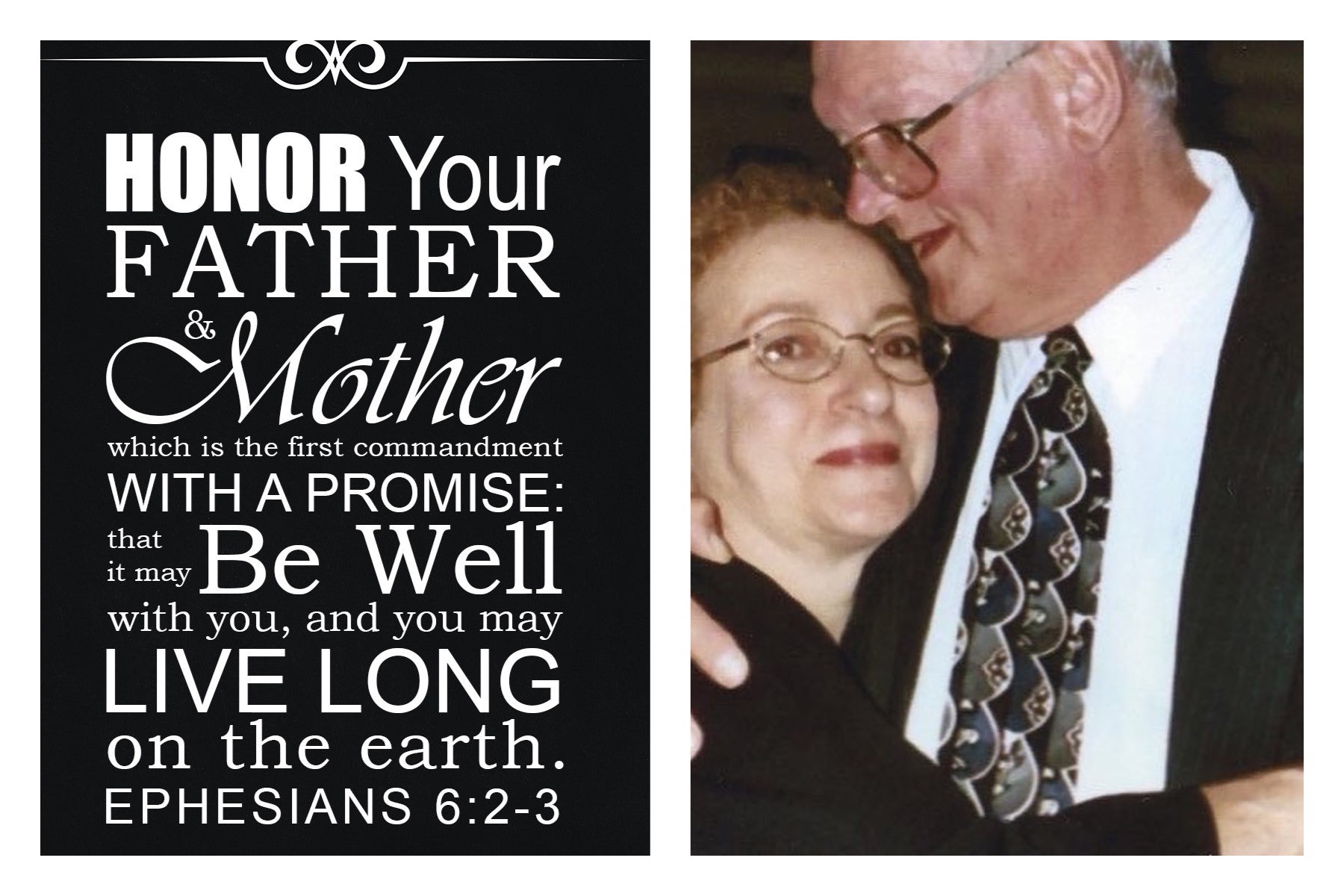
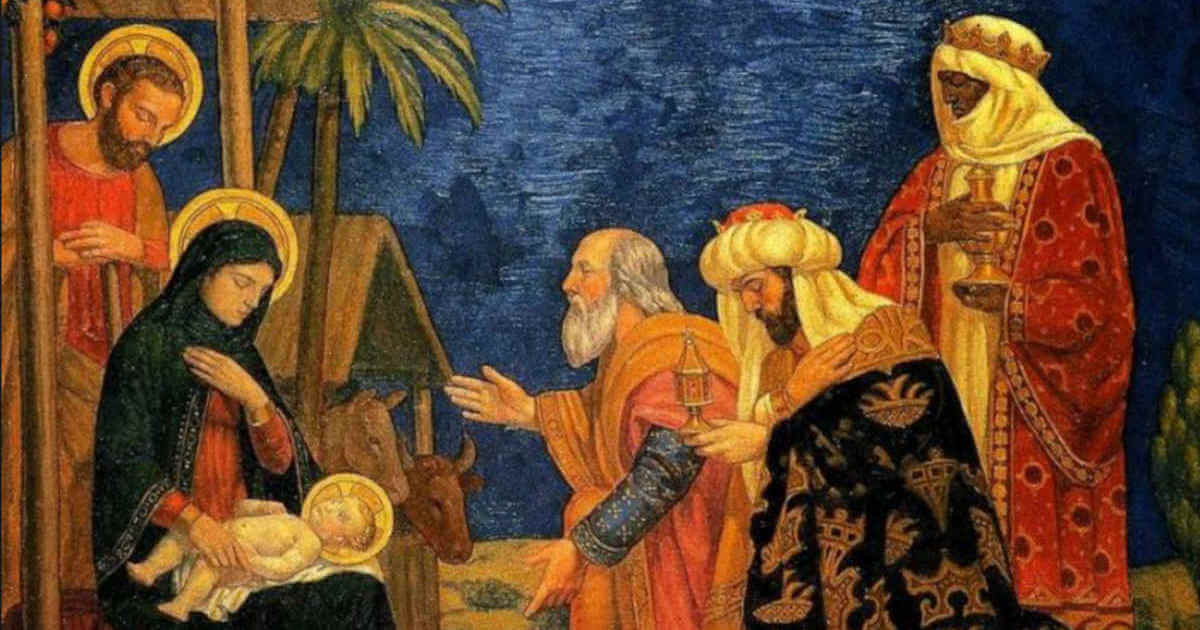
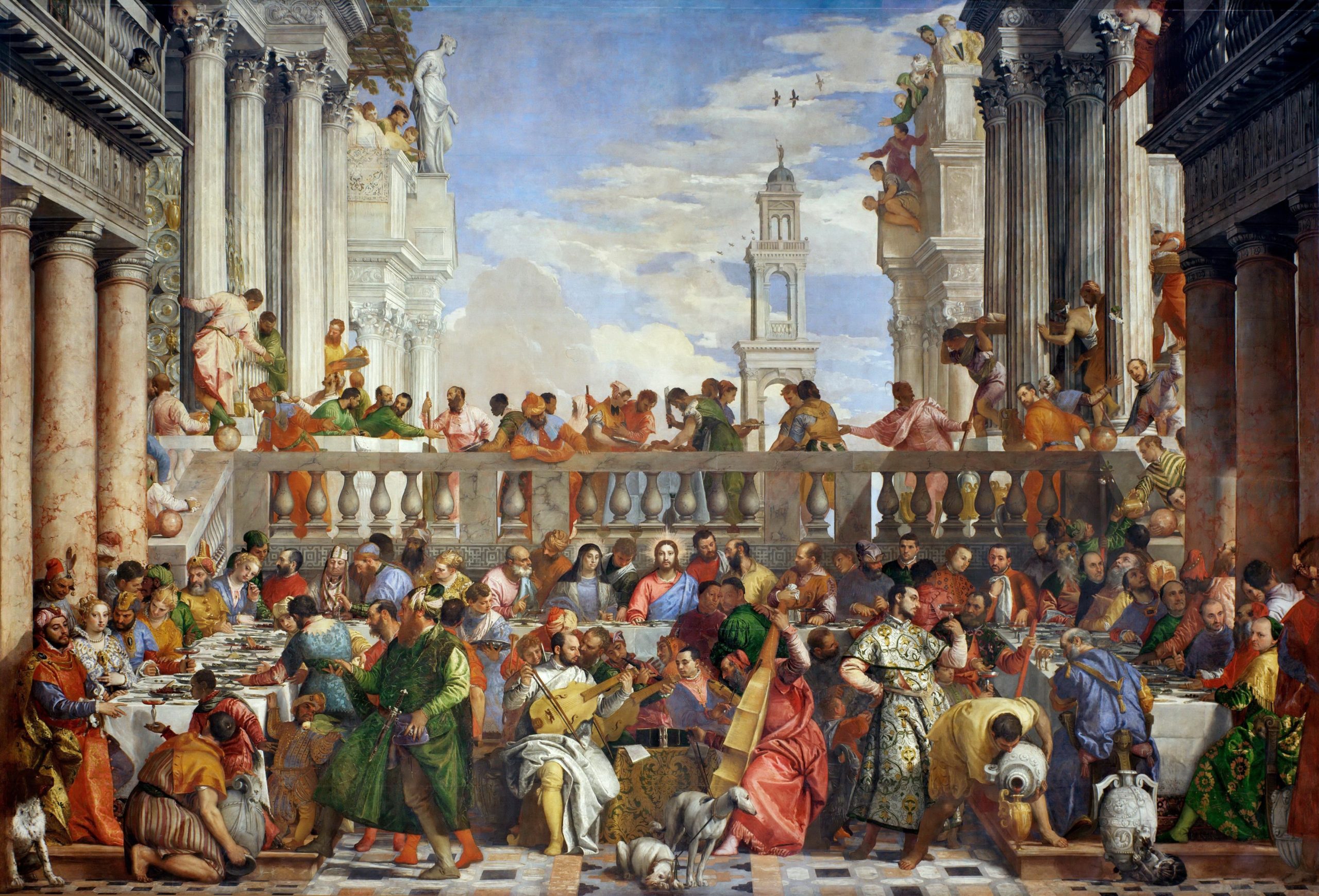
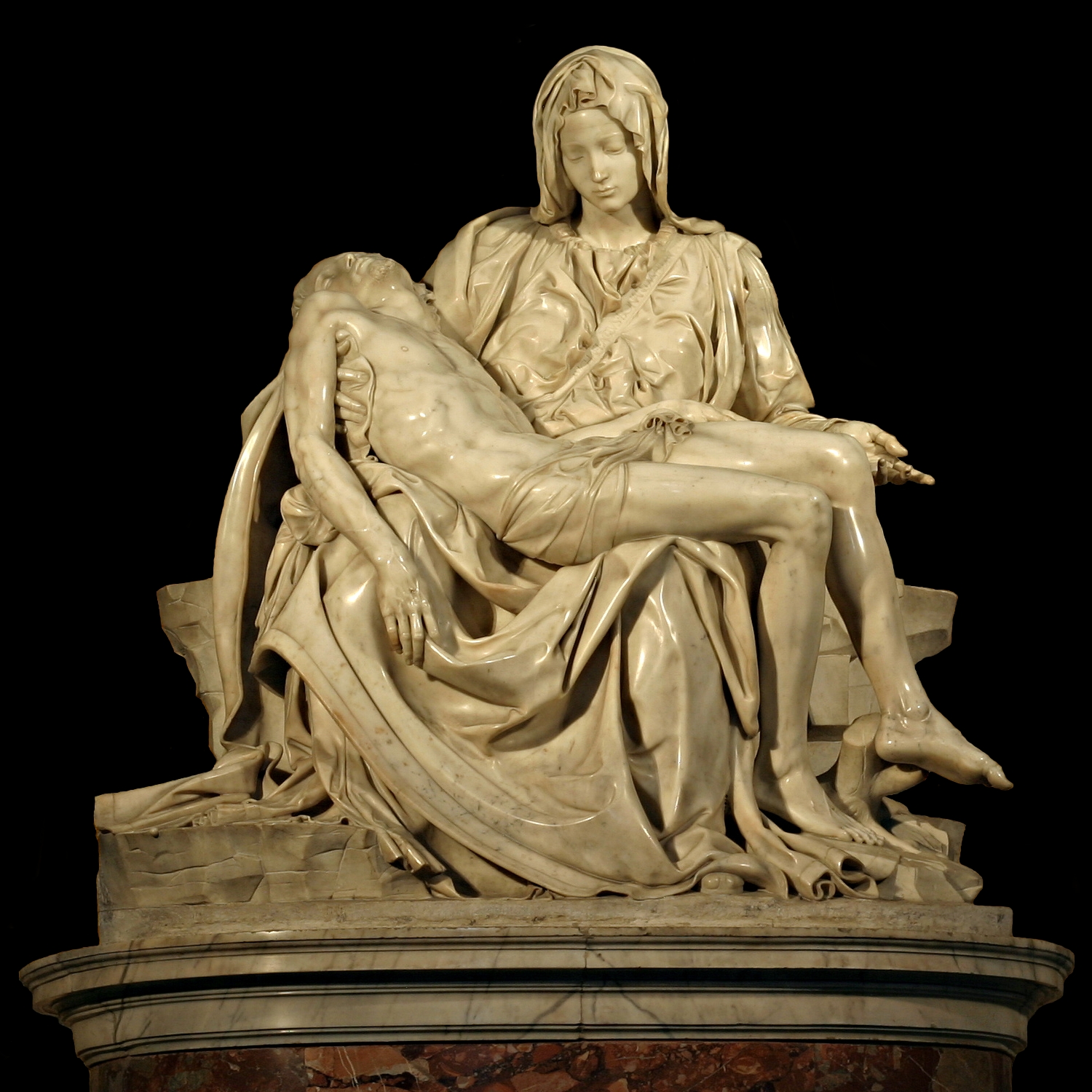

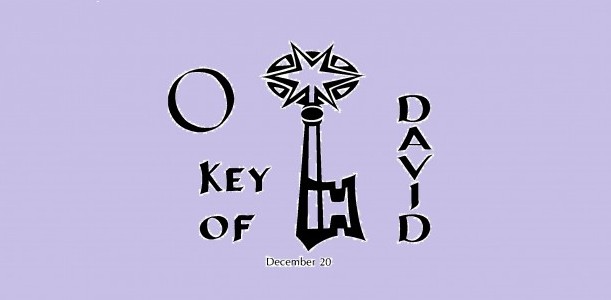

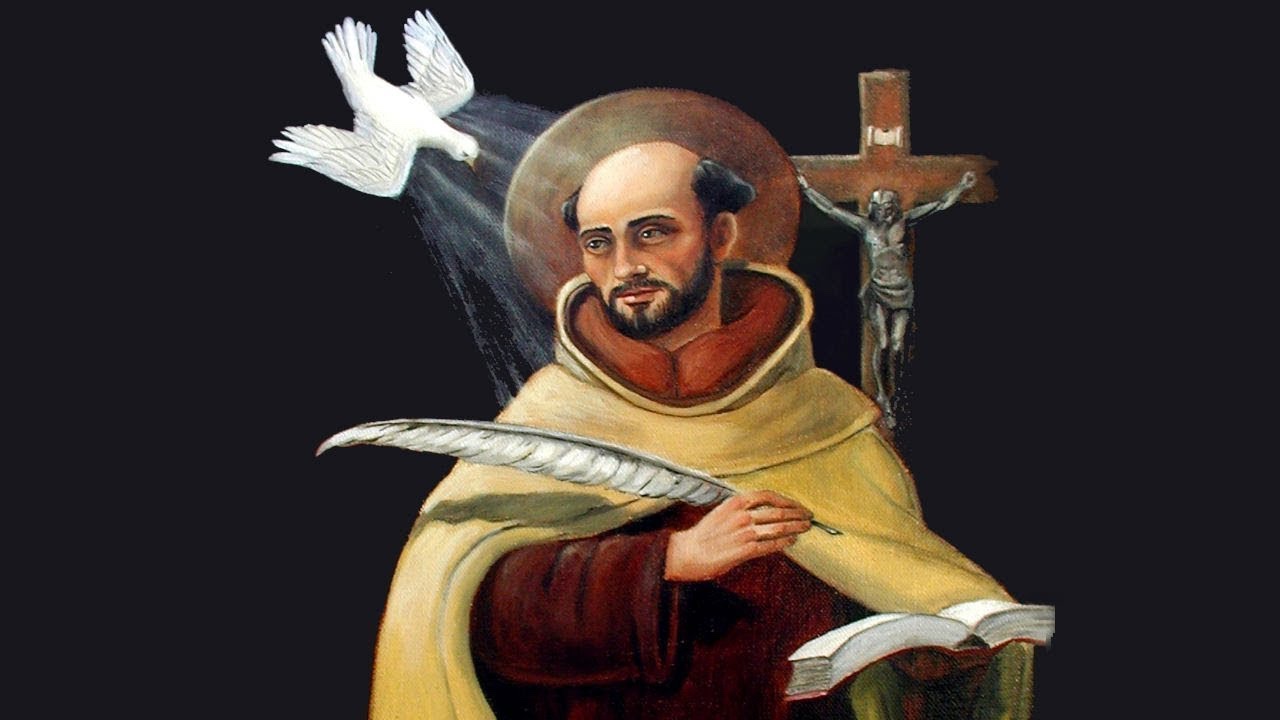


You must be logged in to post a comment.